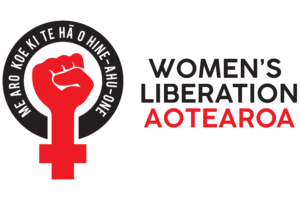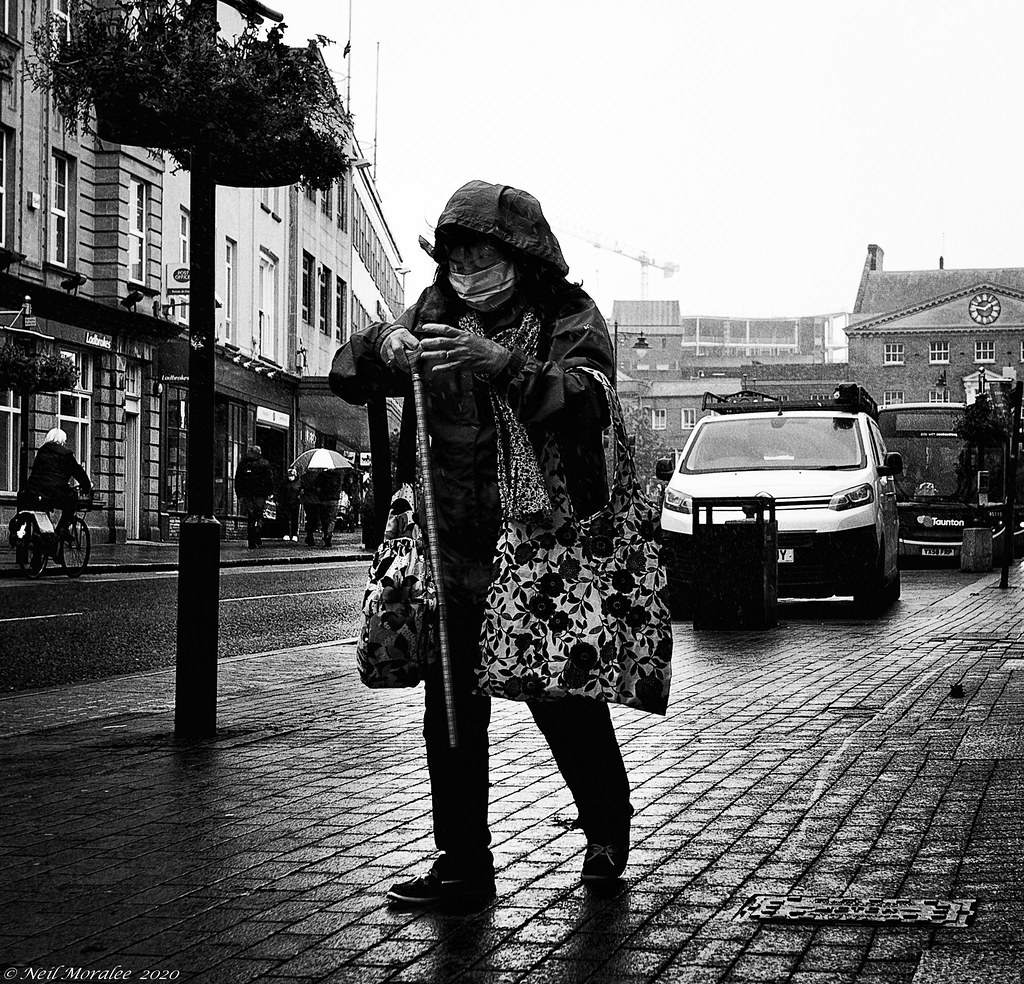Jan Logie on the C word: what is the impact on women?
By: Karolyn
26 September 2021
New Zealand Green Party MP Jan Logie gave a very graphic and rousing speech during the General Debate in the House last week.
She began:
“Today I want to speak about the C word. And don’t worry Mr Speaker, I’m not going to be talking about my favourite C word. I want to talk about Capitalism and how it’s failing us.”
Logie eloquently and clearly stated the basics: many Kiwis are currently doing it tough under the current system, with the Covid pandemic adding extra stress on those earning least. In such a speech, there is limited time to flesh out some of the underlying details and nuances. A crucial impact of Covid and related restrictions has been the high level of unemployment and under-employment for women. In the second part of this post, I will focus on how the current system damages the lives of too many women, especially those over 50 years old, and Māori and Pasifika women.
The General Debate Speech
Logie observed that,
[capitalism is] “a decision to have an economic and political system in which a country’s trade and industry are controlled by private owners for profit. And free market capitalism is an economic system that maximises supply and demand forces and minimises government oversight, regulation and intervention. Now, Mr Speaker, capitalism sucks. And this pandemic and our housing, bio-diversity and climate crises have really brought that into sharp focus for many people in this country.”
She outlined the precarious and desperate living situations for many people across New Zealand, especially those in Auckland. She highlighted that,
- “Too many people in casualised and minimum hours contract jobs, who have locked down for the well-being of all of us, have had to battle their bosses to try to get paid enough to keep a roof over their heads and be able to go to the supermarket.”
- Two of every five workers are in jobs that vary to suit their employers, especially in hospitality, and community and personal services.
- 700,000 people, many of them young, responded to Unite Union’s Tik Tok about employment rights. Too many employers have told workers they should take annual leave rather than being paid during lockdown. “That is illegal!”
- Many workers, especially precarious ones, have no power to negotiate a fairer deal with their bosses for fear of losing their jobs, “pissing their boss off”, getting fewer hours, or having to go through a lengthy process in the employment courts – meanwhile, there’s rent to pay.
- While wages have been increasing under the current government, these haven’t kept up with rises in the cost of living. Most of our essential services, such as health, housing, power, transport and childcare are privately run and part of the profit-driven free market. They lack any sense of “shared responsibility for each other.”
- While others are doing extremely well, essential workers don’t get “close to earning as much as an empty house just sitting there earning over $200,000 dollars a year, just to feed that free market and individual wealth.”
- The free market is damaging the environment – 4,000 of New Zealand’s endemic species are at risk, emissions are going up.
Logie ends with a glimmer of hope. She says it’s a global problem, but the tide is turning, and “over 80% of Britons in the UK recognise the housing is the fault of capitalism. We can change it.”
Women, Capitalism and Covid
Women, especially those on low incomes and living precariously, have been most adversely impacted by the pandemic. Reports in the media about some Statistics NZ data highlight that “Women are bearing the brunt of Covid 19 job losses”. The evidence points to at least 60-70% of those who lost jobs being women, with “women over the age of 50, Māori and Pasifika women” being particularly hard hit.
A big factor is that proportionally more women work in retail and hospitality, as well as doing part time jobs (1). In the Covid era, women have also been more likely to have fewer hours of work than they wanted or needed, as reported by Statistics NZ for the September 2020 quarter (2).
It is significant that, according to overseas reports, working mothers have been particularly hard hit by Covid-related job losses. For instance solo mothers on benefits have been severely harmed and demonised by the punitive approaches of New Zealand’s neoliberal state (see my earlier post, “Rocks and hard places: the punitive sanctioning of mothers”.)
There was some respite when the employment situation for women improved in the first half of this year, closing the gap with men (3). Now we have had over a month of lockdown in Auckland, and it is likely women, older people, and Māori and Pasifika people are struggling even more than during the last lockdowns.
Furthermore, before Covid there was strong evidence that older people, especially older women, have a high risk of being unemployed, as reported in February 2020 by Kelly Dennett and Josephine Franks (4). They say, “Risk factors included being single, not owning a home, being female, Maori or Pasifika, having experienced redundancy or unexpectedly being unable to work.”
As Jan Logie’s speech emphasises, free market capitalism is harming too many people, especially those in precarious circumstances. To end the glaring and damaging inequalities, we need to change the system and work together for the good of all.
Notes:
- Newshub August 2020 https://www.newshub.co.nz/home/money/2020/08/covid-19-women-quite-vulnerable-to-job-losses-equal-employment-opportunities-commissioner.html
- I understand that the Household Labour Force survey includes males who self ID as women in their statistics for women. However, I welcome Statistics NZ’s statement in this report that they are looking at separating out data for sex and gender. https://www.stats.govt.nz/news/covid-19s-impact-on-women-and-work I hope this means they will document the differences and similarities between how females, compared with those who identify under various gender categories, fare in the workplace. The article says “Stats NZ is reviewing how it collects sex and gender information and are working on the appropriate ways to begin updating our current surveys.”
- See Tom Pullar-Strecker, May 2021 https://www.stuff.co.nz/business/125009139/unemployment-falls-to-47-as-more-women-find-work
- Kelly Dennett and Josephine Franks, February 2020 https://www.stuff.co.nz/business/119159518/i-cant-survive-over-45s-struggling-to-make-ends-meet-ahead-of-retirement
Image credit: Neil Moralee, ‘Not enough hands,’ 2020


Leave a Reply
Want to join the discussion?Feel free to contribute!